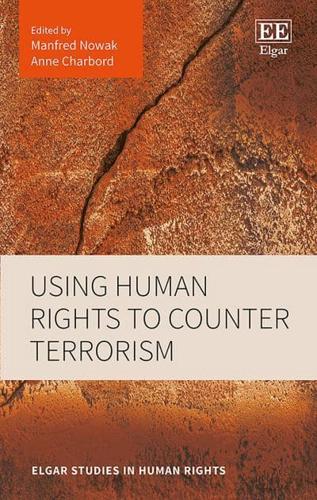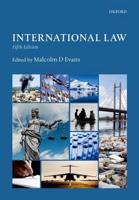Publisher's Synopsis
Using Human Rights to Counter Terrorism uses practical examples to argue that a State's lack of respect for human rights is counter-productive and hinders its fight against terrorism. Through analysing legislative developments since 2001, this book examines how and why many counter terrorism measures have so far been unsuccessful; arguing that longer term, a human rights-centric approach is required.
The book's expert contributors have a wide breadth of experience at a national and international level. They have worked with institutions such as national intelligence agencies, the UN Security Council, the UN Human Rights Council as well as a number of UN bodies specializing in Human Rights and Terrorism.
Various counter terrorism measures, including mass digital surveillance, the use of drones, and the use of torture are examined. The impact of counter terrorism measures on migration, civil society, and the delivery of humanitarian assistance are assessed. The chapters serve to show that a lack of accountability for human rights violations in these areas can be conducive to an increase in terrorist activity.
Those working within State authorities, international and non-governmental organizations will find the arguments presented in this work compelling. Legal practitioners working in the security and human rights sectors will also find this book a useful source of evidence to support human rights countering the challenges of terrorism.
Contributors include: F.N. Aoláin, R. Barrett, A. Charbord, B. Emmerson, U. Garms, L. Ginsborg, M. Nowak, L. Oldring, T. Parker, M. Scheinin








